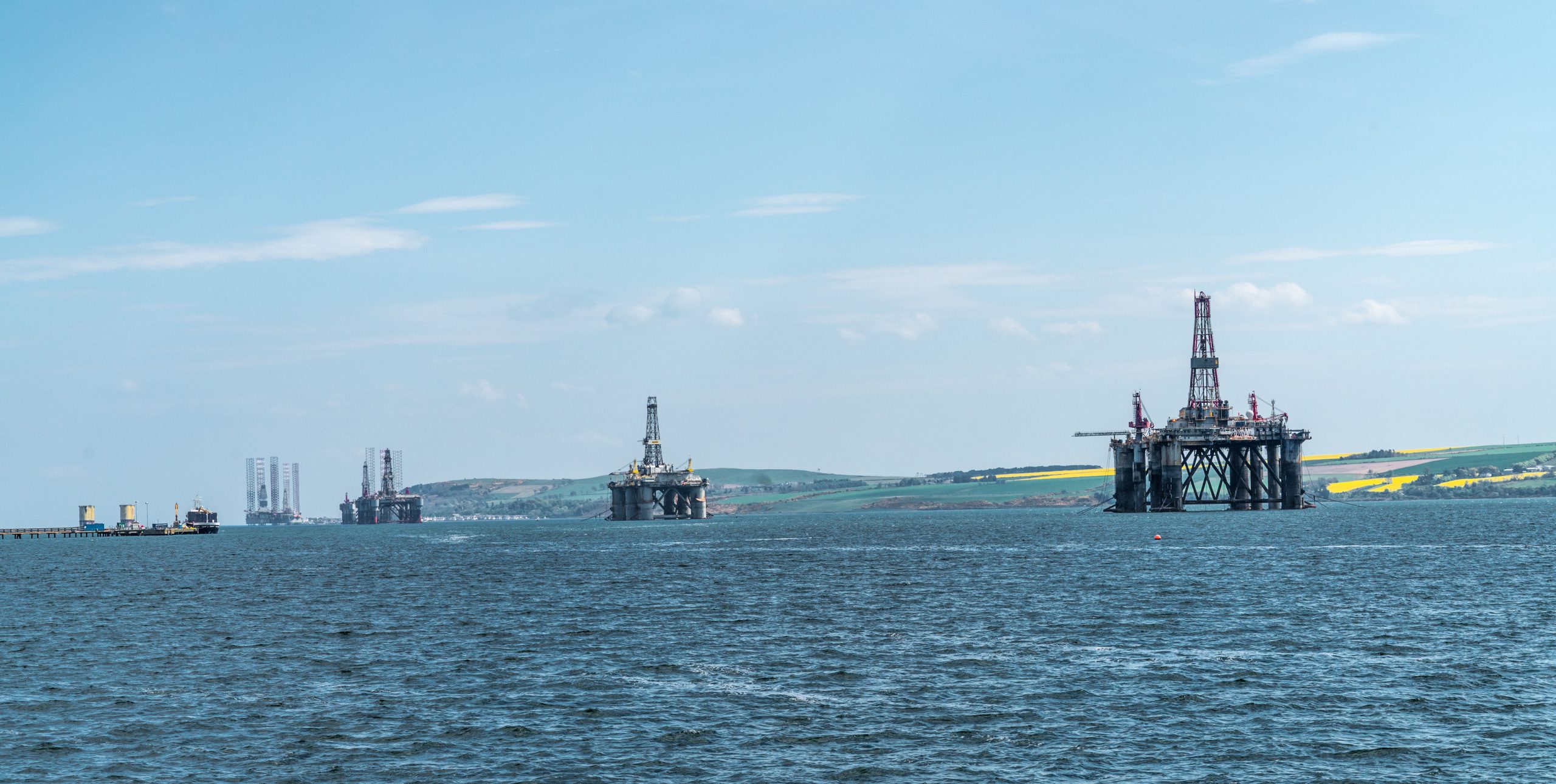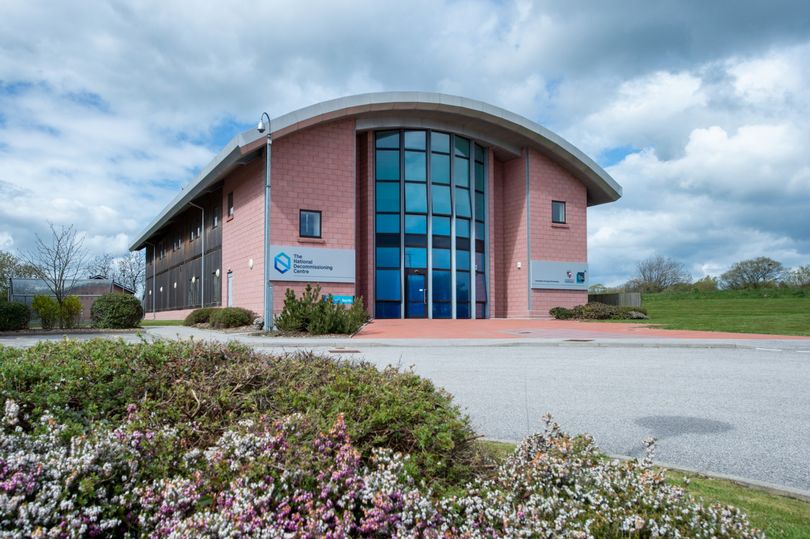
Collaboration or ‘Coaction’? Delivering cost effective basin wide decommissioning
Project Summary
The UK’s oil and gas reserves are declining, and the UK Continental Shelf (UKCS) is a very mature basin. Yet, for the Government, maintaining secure and resilient supplies for both individuals and businesses remains important as oil and gas will play a significant role in an orderly energy transition to net zero. To support the energy transition, the government has agreed a transformational North Sea transition deal. In parallel to the new exploration and production projects that will maintain a security of supply, decommissioning of offshore oil and gas infrastructure on the UKCS will be increasingly prominent in the years ahead with decommissioning expenditure forecast to be around £1.5bn per year for the next ten years. If the sector can decommission offshore infrastructure in a safe, efficient and environmentally responsible manner, while also meeting the OGA’s ambitious cost reduction targets, it will be well positioned to offer cost effective solutions to the global market, by one estimate worth around £80 billion in the next decade and over £250 billion from 2022 onwards. It is the Government’s ambition for the UK to capitalise on the sizeable market opportunity available on our doorstep (within the UKCS and the wider North Sea) and use this advantage to become a global centre. Owners of offshore oil and gas infrastructure, including wells, must fulfil their obligations to decommission in accordance with statutory requirements and remediate the marine environment consistent with government policy.
Project overview:
A study was commissioned to determine the impact of ‘coaction’, specifically the costs benefit against the current decommissioning cost reduction target of 35%. The term ‘collaboration’ has been used extensively in the E&P industry for many years, however it seems that there is not a common understanding of what this actually means. To bring more focus to the brief, this study has adopted the term “coaction” to describe the concept of companies, either intra-company or inter-company, combining the efforts of people, process and technology to improve the effectiveness and efficiency of decommissioning activities. The purpose of this study was to consider the principal decommissioning components that are amenable for coaction; people, processes and technology along with the relative value of savings that can be realised through coaction within these components.
Industry value:
The estimates contained within the study determined that up to £5.6 billion could be saved through a stepwise approach, and that 83% of these savings come from three of the WBS elements: Well Decommissioning (60%); Topsides removal (13%); and Substructure removal (10%). However, during the course of compiling the report and considering coaction potential, the study recognised that there is even greater potential to achieve savings of up to £11bn, by removing the ring- fence mentioned above. The study proposed a single UK Decommissioning Strategy, commencing with a pilot study leading to a series of basin-wide campaigns (Progressive Decommissioning). The study estimated that the calculated saving through the step-wise approach could be doubled if the Progressive Decommissioning process is adopted by industry.
Let's work together
"Required" indicates required fields


